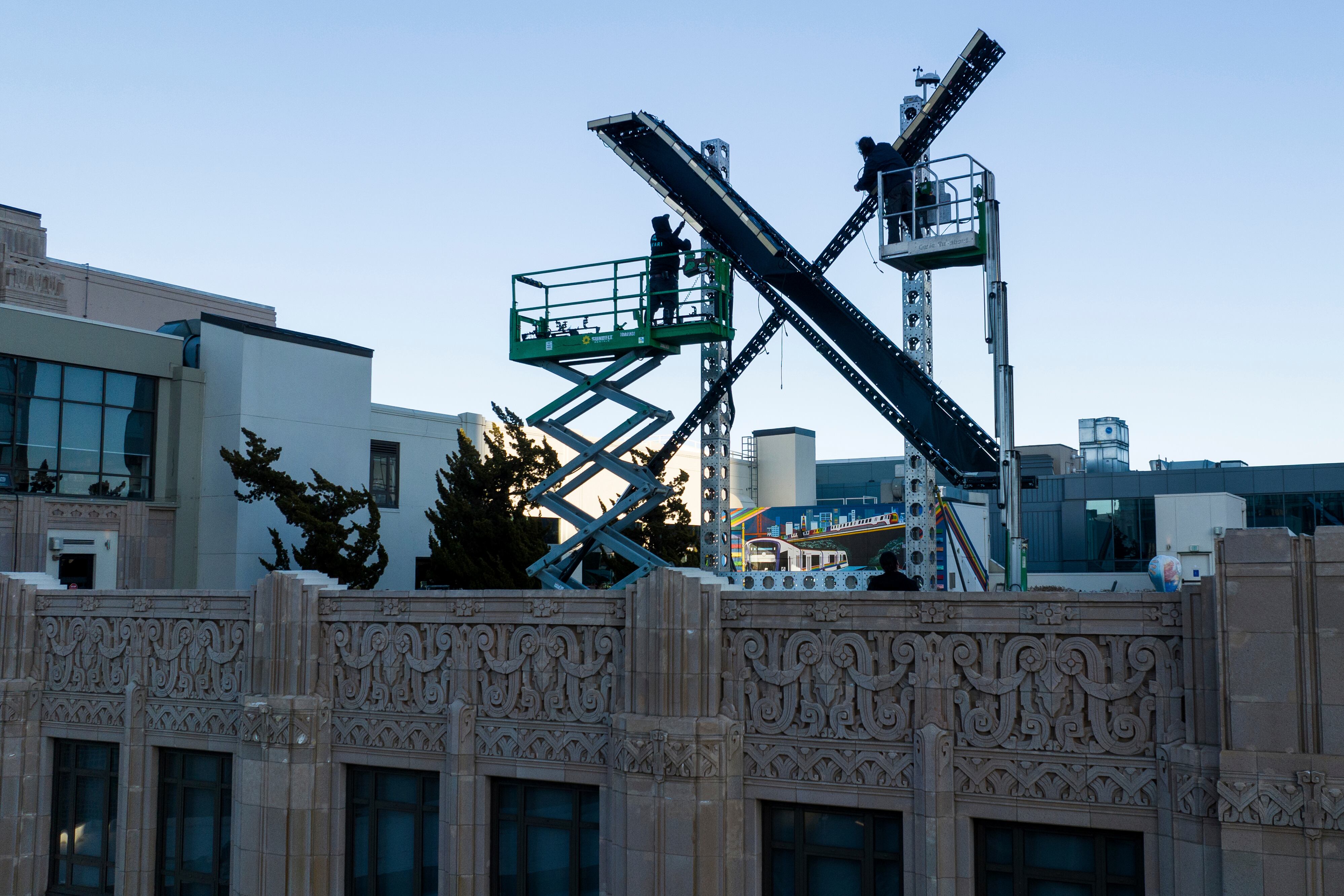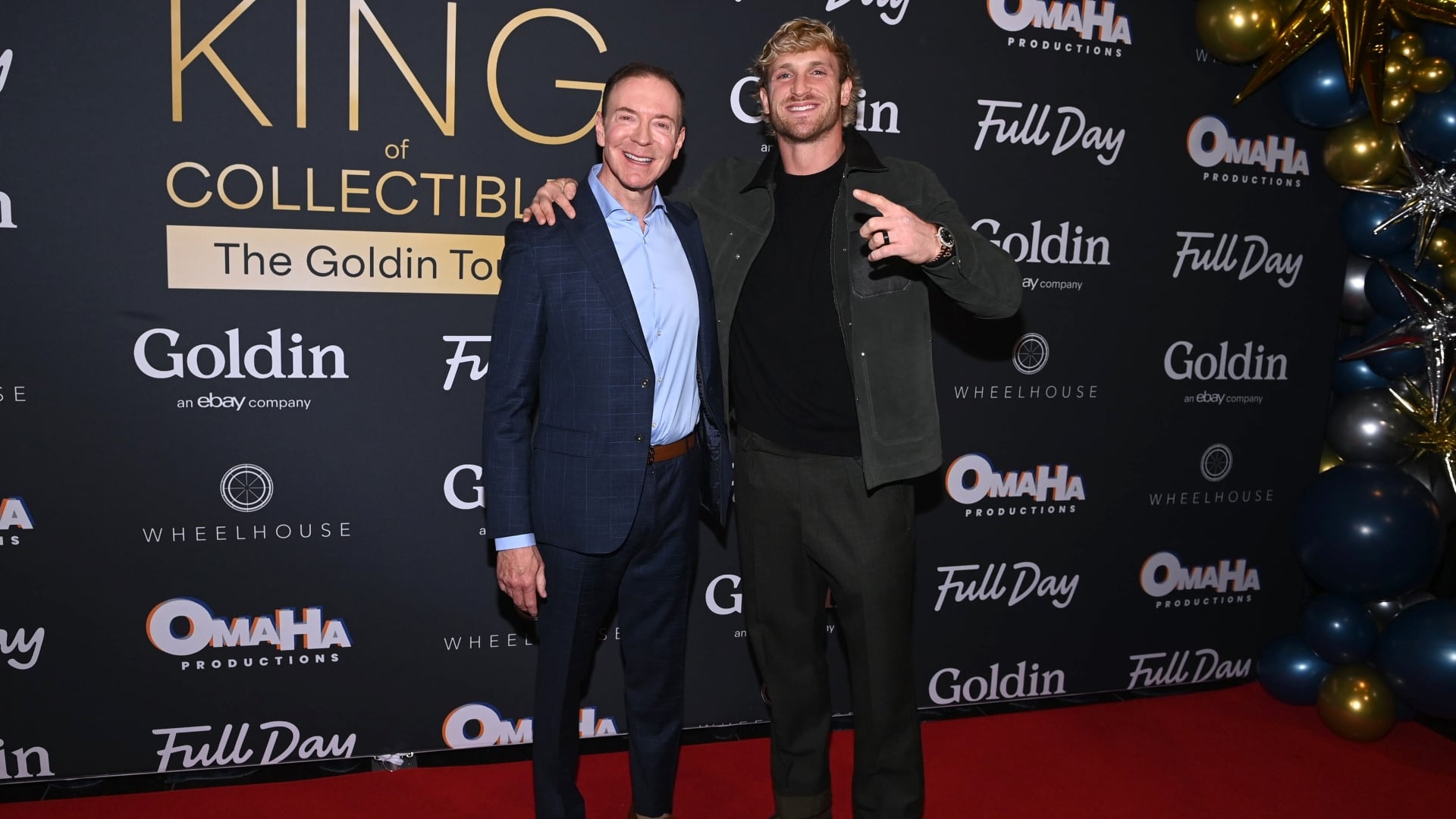By Kelvin Chan and Haleluya Hadero
Advertisers are fleeing social media platform X over concerns about their ads showing up next to pro-Nazi content and hate speech on the site in general, with billionaire owner Elon Musk inflaming tensions with his own posts endorsing an antisemitic conspiracy theory.
IBM, NBCUniversal and its parent company Comcast said this week that they stopped advertising on X after a report said their ads were appearing alongside material praising Nazis — a fresh setback as the platform formerly known as Twitter tries to win back big brands and their ad dollars, X's main source of revenue.
The liberal advocacy group Media Matters said in a report Thursday that ads from Apple and Oracle also were placed next to antisemitic material on X. On Friday it said it also found ads from Amazon, NBA Mexico, NBCUniversal and others next to white nationalist hashtags.
“IBM has zero tolerance for hate speech and discrimination and we have immediately suspended all advertising on X while we investigate this entirely unacceptable situation," the company said in a statement.
Spokespeople for Comcast and NBCUniversal confirmed on Saturday that the companies had “paused” their advertising on X but did not provide additional details on the decision. Media Matters said it found ads for NBCUniversal's Bravo network and its brand agency Catalyst next to antisemitic or white nationalist content.
Apple, Oracle and Amazon did not immediately respond to requests seeking comment.
The European Union's executive branch said separately Friday it was pausing advertising on X and other social media platforms, in part because of a surge in hate speech. Later in the day, Disney, Lionsgate and Paramount Global also said they were suspending or pausing advertising on X.
Musk sparked outcry this week with his own tweets responding to a user who accused Jews of hating white people and professing indifference to antisemitism. “You have said the actual truth,” Musk tweeted in a reply Wednesday.
Musk has faced accusations of tolerating antisemitic messages on the platform since purchasing it last year, and the content on X has gained increased scrutiny since the war between Israel and Hamas began.
“We condemn this abhorrent promotion of Antisemitic and racist hate in the strongest terms, which runs against our core values as Americans,” White House spokesperson Andrew Bates said Friday in response to Musk's tweet.
X CEO Linda Yaccarino said X's “point of view has always been very clear that discrimination by everyone should STOP across the board."
"I think that’s something we can and should all agree on,” she tweeted Thursday.
Yaccarino, a former NBCUniversal executive, was hired by Musk to rebuild ties with advertisers who fled after he took over, concerned that his easing of content restrictions was allowing hateful and toxic speech to flourish and that would harm their brands.
“When it comes to this platform — X has also been extremely clear about our efforts to combat antisemitism and discrimination. There’s no place for it anywhere in the world — it’s ugly and wrong. Full stop," Yaccarino said.
The accounts that Media Matters found posting antisemitic material will no longer be monetizable and the specific posts will be labeled “sensitive media," according to a statement from X. Still, Musk decried Media Matters as “an evil organization.”
The head of the Anti-Defamation League also hit back at Musk's tweets this week, in the latest clash between the prominent Jewish civil-rights organization and the billionaire businessman.
“At a time when antisemitism is exploding in America and surging around the world, it is indisputably dangerous to use one’s influence to validate and promote antisemitic theories," ADL CEO Jonathan Greenblatt said on X.
Musk also tweeted this week that he was “deeply offended by ADL’s messaging and any other groups who push de facto anti-white racism or anti-Asian racism or racism of any kind.”
The group has previously accused Musk of allowing antisemitism and hate speech to spread on the platform and amplifying the messages of neo-Nazis and white supremacists who want to ban the ADL.
The European Commission, meanwhile, said it’s putting all of its social media ad efforts on hold because of an “alarming increase in disinformation and hate speech” on platforms in recent weeks.
The commission, the 27-nation EU's executive arm, said it is advising its services to “refrain from advertising at this stage on social media platforms where such content is present," adding that the freeze doesn't affect its official accounts on X.
The EU has taken a tough stance with new rules to clean up social media platforms, and last month it made a formal request to X for information about its handling of hate speech, misinformation and violent terrorist content related to the Israel-Hamas war.
X isn't alone in dealing with problematic content since the conflict.
On Thursday, TikTok removed the hashtag #lettertoamerica after users on the app posted sympathetic videos about Osama bin Laden’s 2002 letter justifying the terrorist attacks against Americans on 9/11 and criticizing U.S. support for Israel. The Guardian news outlet, which published the transcript of the letter that was being shared, took it down and replaced it with a statement that directed readers to a news article from 2002 that it said provided more context.
The videos garnered widespread attention among X users critical of TikTok, which is owned by Beijing-based ByteDance. TikTok said the letter was not a trend on its platform and blamed an X post by journalist Yashar Ali and media coverage for drawing more engagement to the hashtag.
The short-form video app has faced criticism from Republicans and others who say the platform has been failing to protect Jewish users from harassment and pushing pro-Palestinian content to viewers.
TikTok has aggressively pushed back, saying it’s been taking down antisemitic content and doesn’t manipulate its algorithm to take sides.
AP Technology Writer Matt O'Brien in Providence, Rhode Island, contributed to this story.









